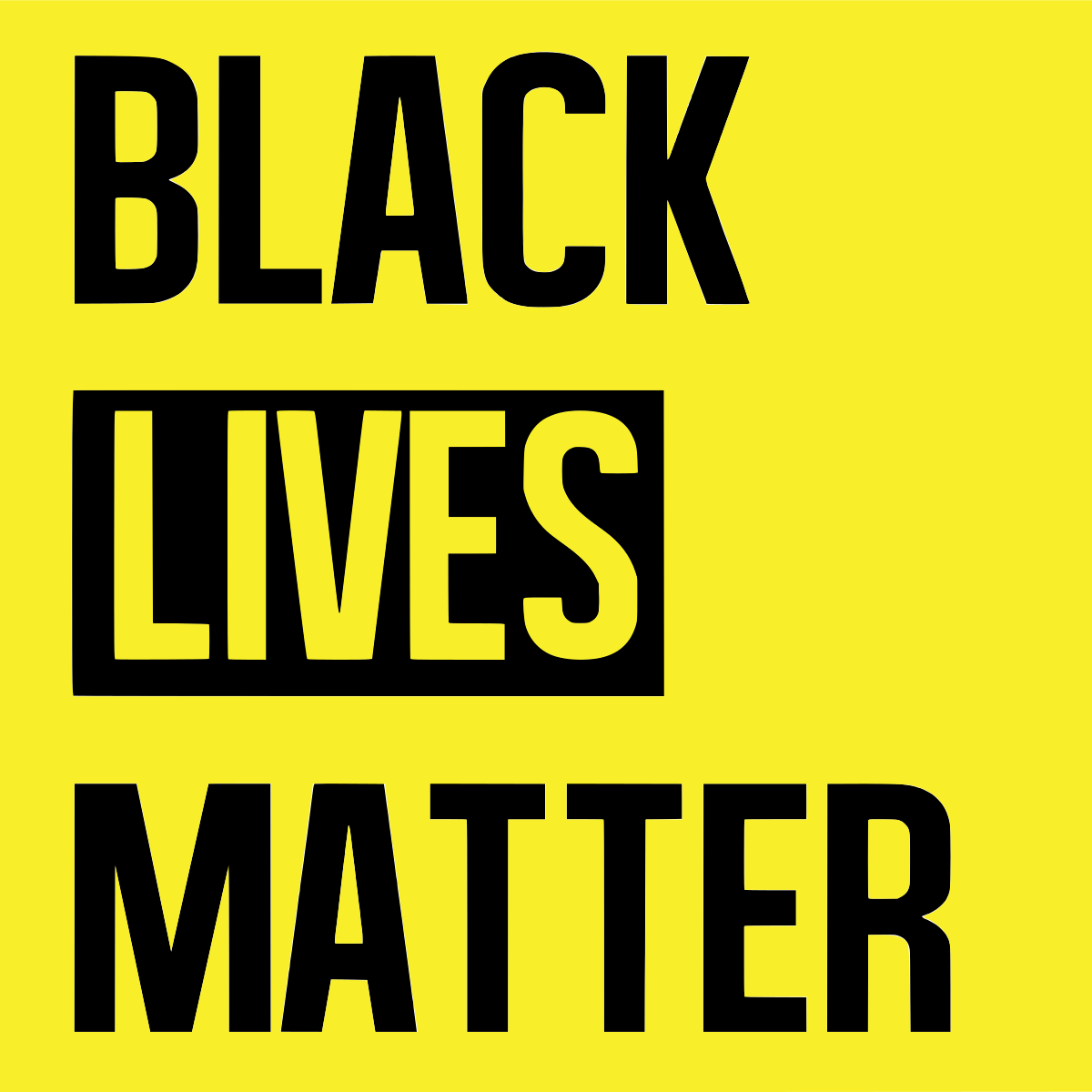5 Things to Consider When Addressing Police Abuse of Power in America


social justice, MLK
Addressing America’s Long History of Police Abuse of Power
Over the last few weeks we have seen an increase in awareness of a centuries-old-problem in regards to our criminal justice system and law enforcement in the United States. Police brutality and over-policing has been a problem faced by Black and Brown communities at a disproportionate rate compared to their counterparts in white communities. Black and Brown communities have been the target of the nation’s “War on Crime” from the 60s and the “War on Drugs” from the 70s. It isn’t much of a surprise to see that this has led to an escalation in aggressive tactics against civilian populations as well as the re-deployment of militarized equipment; nor the mass of incarceration of Black, Brown, or poor citizens.
Although George Floyd’s death is the most recent, documented instance of brutality from law enforcement against members of the Black community, it isn’t the only reason for the protests that started in Minneapolis, then spread through the country and the rest of the world. There are too many lives destroyed by police abuse. It is time for a call for social justice.
With all of the challenges we as a nation face in our systems of inequality we hope begin to address them by tackling police reform. Right now, people have taken to the streets in peaceful protest to say, “Here is the problem. It hurts us. We can fix this.”We need our elected officials to step forward with effective, direct action-based solutions. This will come in the form of policy initiatives targeting police reform. Many communities have already begun this process but there are many others that need this. Now is the time for social action organizations to build coalitions, in unison with black and brown communities and organizations, to tackle the abuse by our police forces. How can you know whether a specific policy is going to fix this issue? How can you evaluate policies that are proposed?
Our Police Abuse of Power workshop will help you understand exactly these questions.
At The Incorruptibles, our mission is to fill all levels of government with unwavering politicians fighting for economic, racial, environmental, and social justice; to create true democracy in America. We do this by training grassroots organizers and candidates on how to build people-powered movements to effect elective change in our government - For the People.There are a few things to consider when working on or reviewing a proposal for reform:
Know who’s responsible for drafting the proposal
If a new organization has stepped forward with a proposal for consideration it is good practice to be a little skeptical and seek more information about them.For example, what if a new organization called People for Fair Justice drafted and submitted a policy proposal on a Police Oversight Commission for consideration?Some good questions to ask: Who are they? What are their intentions? What if they had ties to the police union? Don’t be misled by the names of organizations.Any local action or service organization, or coalition, that produces a proposal to solve police brutality should have close ties to the Black communities and other communities of color.
The makeup of the Oversight Commission should include people who represent the communities (most) affected by police brutality
Since police brutality affects the poor and people of color, they should have more representation on the body that will oversee police action. The under-served and under-represented must be at the decision-making table so that their grievances are heard and lead to effective corrective action. Equality dictates that all have equal protection under the law. Equitability dictates that those who struggle the most require more consideration and support. You’ll also want to look at candidates for the commission and their potential conflicts of interest. They should not have direct ties to the police or law enforcement.
The location of the Oversight Commission should be held in a public space separate from law enforcement
No one should ever have to walk into a police station, to file a complaint against the police.To further the separation from law enforcement, the Commision should have its own budget, case managers, investigators, and other support staff to handle case loads.
The proposal should hold “bad actors” accountable, with teeth
The Oversight Commision should have the authority to determine both whether or not an officer has committed an act of misconduct and the appropriate disciplinary action. Also, the Commision shouldn’t require consensus for finding misconduct or holding those responsible accountable. Consensus requires that all Commission members agree unanimously to decide that misconduct did occur; thus, reducing the chance in finding misconduct. A majority vote should be sufficient with the members' votes available to the public.
Transparency ensures belief and trust that the process is effective.
It is important that the public sees action on account of the Oversight Commission and that they can see into the process. All data and statistics gathered by the Oversight Commision (without any personal identifying information about complainants) should be made available to the public.
“Injustice anywhere is injustice everywhere.” - MLK
It is here that we invoke Martin Luther King, Jr’s philosophy of “liberate the oppressed and educate the oppressor.” In order to move towards a more just society we must be more diverse and inclusive as we seek to rectify our social or societal problems. Addressing police abuse of power is one of many first steps we can take.If you don’t currently have a local Black Lives Matter, NAACP, or other Black organizations in your coalition, now is the time to seek them out. The same goes for other communities of color in your city. These communities must be included in designing any policy to solve this problem. Reach out. Connect. Support.
